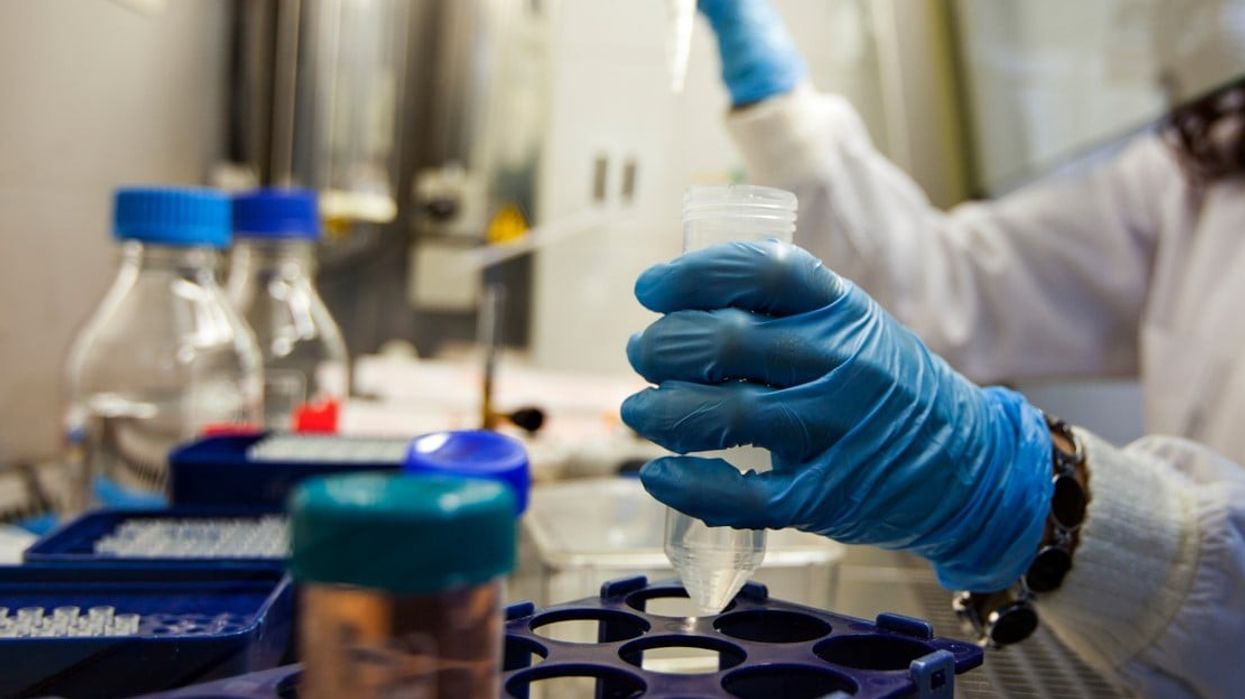Scientists have developed the first bioengineered bone marrow model that can support human stem cells crucial for bone marrow transplants and in vitro studies.
The research, published in Nature Communications and led by the University of Glasgow, replicates key aspects of the human bone marrow microenvironment to support rare long-term hematopoietic stem cells (LT-HSCs).
LT-HSCs are essential for bone marrow transplants as they can replenish blood cells after treatment for blood cancers. However, they are difficult to culture in the lab because they quickly change or die outside the body. This has led to a reliance on animal models for testing drugs that affect blood cell production and target blood diseases like leukemia.
The study shows, for the first time, that culturing LT-HSCs outside the body in jelly-like gels is possible. The scientists demonstrated that gene editing of LT-HSCs in these gels is achievable, which could provide a new way to test drugs or techniques for treating blood disorders and cancers, reducing reliance on animal models.
The research is part of a major investment in leukemia research in the UK, funded by UKRI’s Engineering and Physical Sciences Research Council (EPSRC).
Leukemia kills over 300,000 people worldwide each year, with early diagnosis challenges reducing the impact of treatments.
Dr Hannah Donnelly, the research fellow who led the study, said, “LT-HSCs are difficult to culture outside the body yet hold enormous clinical value. By using gels engineered to mimic their bone marrow environment, we can support and study these cells in the lab, harnessing their full clinical potential.”
Matt Dalby, Professor of Cell Engineering, said, “Our research is big news for drug testing. Animal models are poor predictors of drug outcomes, and many treatments don’t test well in animals. By creating bone marrow models with human cells, we can test true human blood cells outside the body, accelerating therapies for diseases like sickle cell disease and blood cancers.”
Professor Manuel Salmeron Sanchez, Chair of Biomedical Engineering, said, “This work is exciting. We rely on rodent models to understand disease progression and identify new treatments. By developing a model that mimics bone marrow and uses human cells, we can focus on early stages of diseases to provide new understanding, screening methods, and drugs.”
The study, “Bioengineered niches that recreate physiological extracellular matrix organisation to support long-term haematopoietic stem cells,” is published in Nature Communications and funded by UKRI’s EPSRC and BBSRC.





